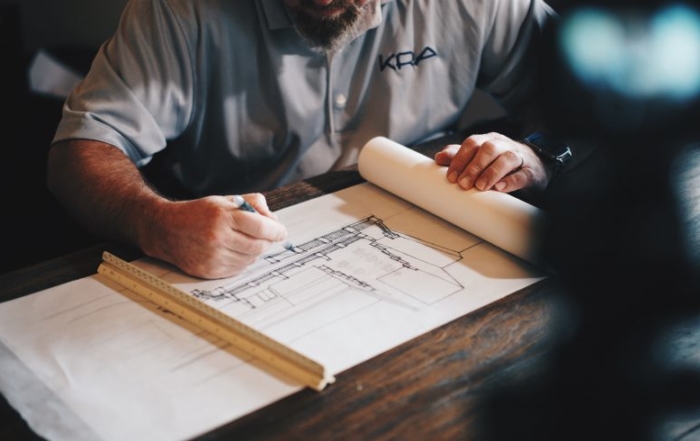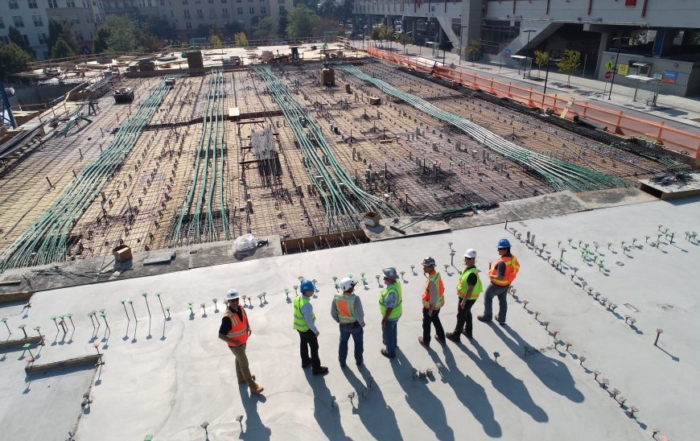Unfortunately, the construction industry tends to get the short end of the stick when it comes to getting paid on time. They have some of the longest wait times to receive payment among all B2B industries. Typically, this is because the construction business has longer project times than most other industries. A product is not simply being handed over, but rather a long project is taking place that involves many different companies that all need to get paid. Clients can often come up short. In order to combat this, many B2B companies are turning towards automated accounts receivable software to speed up client payments.
Below are the ways that automated accounts receivable helps the construction industry to get paid faster.
Automated Invoice Delivery
When you’re constantly out on jobs and managing projects, there is rarely time to be sitting behind a desk creating invoices for every customer and mailing them out. However, the earlier an invoice is sent out, the more likely you will get paid on time. With automated accounts receivable software, invoices can be pulled with the correct information and automatically sent to customers via email based on rules set in the software.
Managing Liens
Whether you’re filing a notice of intent to lien in order to speed up payment, or are forced to actually file a mechanics lien, there are quite a few steps needed in order to finally deliver it to the customer. Automated accounts receivable software helps you manage those tasks through a workflow and then send out the final copy to the customer.
Reduce Invoice Disputes
A majority of invoice disputes stem from missing information or supporting documents when the invoice was delivered. When the process is automated, those supporting documents will also be attached. In addition, all communications are saved back into the system and notes can be added. Now, when a customer has a complaint or issue, you can go back to double check whether their complaint is valid or not.
Check Credit Reports
One way to completely eliminate late payments is by vetting your clients before extending credit. Automated accounts receivable software allows you to check trade credit reports from within the software, giving you full view into your clients past payment history. Based on your findings, you can decide how much credit you’re willing to extend, if at all.
When there are already a lot of hurdles to jump over in the construction industry, you shouldn’t be attempting to manage manual spreadsheets, as well. Automated accounts receivable software makes the process more efficient and more accurate, eliminating delays in payment.
Additional Resources
Construction Industry Insights: Top Strategies for AR Automation
While a major contributor to the U.S. economy, the construction industry has seen significant shake-ups over the past two years.
WHY EVERY CONSTRUCTION COMPANY SHOULD CONSIDER USING ACCOUNTS RECEIVABLE AUTOMATION
The construction industry has been slow to automate its building processes and back office procedures. Practical limitations on automating
HOW TO CREATE CONSTRUCTION INVOICES
In the construction industry, contracts may be written on a completed contract basis or percentage-of- completion basis. In the case
Our Top Five Tips for Managing Accounts Receivable in the Construction Industry
Cash flow is difficult to manage in the construction industry because of the irregular flow of projects and the document
How Mechanic’s Liens Affect Cash Flow
If you are a contractor, mechanic’s liens can help you collect your accounts receivable and improve your cash flow.
The State of Accounts Receivable In The Construction Industry
[vc_row][vc_column][vc_column_text]The construction industry has historically used manual processes in its business of building houses, office towers, bridges, factories and other










